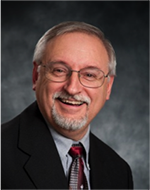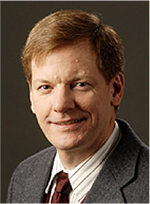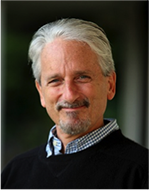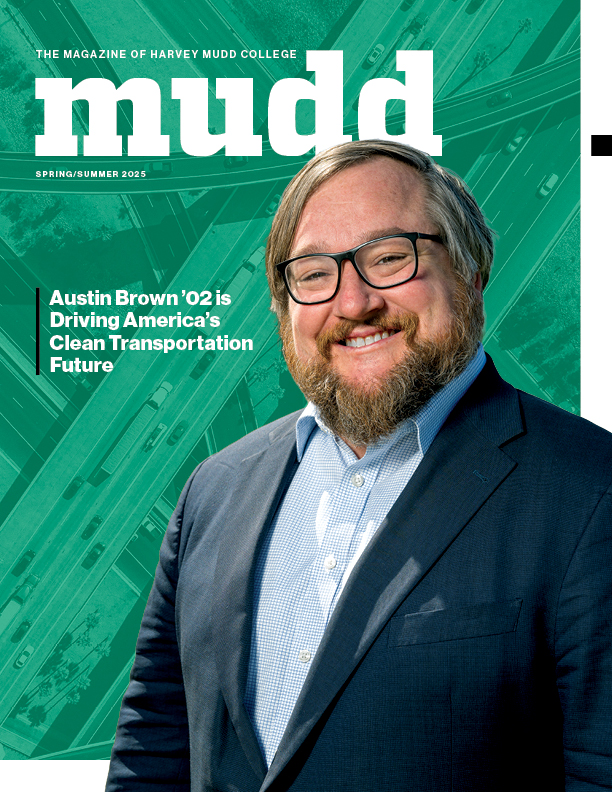Conference to Explore Intersection of Science, Faith
October 7, 2014
Is the Bible really opposed to evolution? How should human origins be understood in light of Genesis and science? Biblical experts John H. Walton and C. John Collins and biologist Jeffrey Schloss will discuss these questions and more at a conference titled “The Bible, Evolution and Human Origins: Starting Conversations.”
The all-day event takes place Saturday, Oct. 25, on the Harvey Mudd College campus. Conference speakers will address some commonly held misconceptions about the relationship between science and faith as they discuss the origin of human life through the lenses of biblical studies and evolutionary theory.

Walton’s talk, “Adam & Eve: Historical Archetypes,” will make a case for Adam and Eve as historical figures that the biblical text treats as representatives of all humanity—they may or may not have been the first humans or the parents of the human race. Because the Book of Genesis is not seen as making claims about the biological origins of humanity, suggests Walton, it is not in conflict with science. Walton has been a professor of Old Testament at Wheaton College since 2001. He is author of the books The Lost World of Genesis One and the forthcoming The Lost World of Adam and Eve (March 2015).

Collins follows with a talk titled “Adam & Eve: The First Humans,” which will discuss Adam and Eve as real persons at the headwaters of humankind. Collins argues that the biblical creation account should not be read too literally and can be reconciled with a scientific and historical account of human origins. Collins is a professor of Old Testament at Covenant Theological Seminary, where he has been on the faculty since 1993. He is author of the books Did Adam and Eve Really Exist? and Science and Faith: Friends or Foes?

Schloss’ talk, “Evolution, Christian Faith and Human Origins,” will explore whether evolution can be seen as the means by which God created humanity. Schloss will discuss emerging scientific data related to common descent, as well as the identity of and trajectory leading to first humans and the question of human uniqueness. Schloss is the Distinguished Professor of Biology and T.B. Walker Chair of Natural and Behavioral Sciences at Westmont College, where he has taught since 1981. He is the co-editor of Evolution and Ethics: Human Morality in Biological and Religious Perspective.
Harvey Mudd Associate Professor of Chemistry David Vosburg will host the event. Vosburg was recently elected a 2014 Fellow of the American Scientific Affiliation, an international network of Christians in the sciences that explores the relationship between science and Christianity and foster dialogue between two often-opposing viewpoints. Vosburg is also an associate of The Faraday Institute for Science and Religion, based at the University of Cambridge.
“I believe that nature and scripture do not conflict, but that our scientific and theological interpretations are imperfect and vulnerable to mistakes,” says Vosburg. “We must be careful not to confuse metaphysical or philosophical claims with science, and also not to use the Bible for questions it does not intend to answer.”
The conference is supported by a grant from The BioLogos Foundation, an organization that promotes harmony between science and biblical faith. The event is open to the public and tickets are available here.
